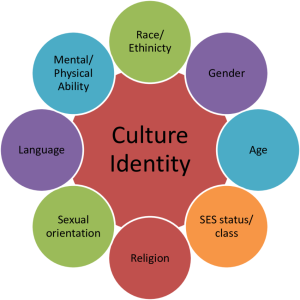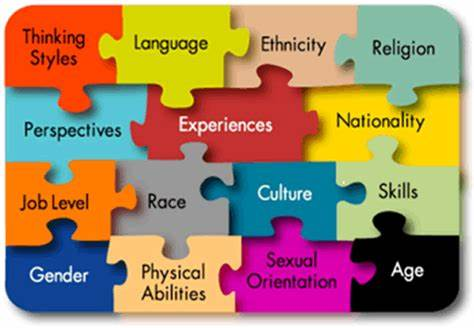Understanding Cultural Diversity in Juvenile Justice Juvenile justice systems worldwide grapple with the complex task of addressing the needs of young offenders while promoting rehabilitation and community safety. However, a crucial aspect often overlooked is the influence of cultural background on juvenile behavior, perceptions of justice, and responses to interventions. Culturally sensitive approaches are imperative
Understanding Cultural Diversity in Juvenile Justice
Juvenile justice systems worldwide grapple with the complex task of addressing the needs of young offenders while promoting rehabilitation and community safety. However, a crucial aspect often overlooked is the influence of cultural background on juvenile behavior, perceptions of justice, and responses to interventions. Culturally sensitive approaches are imperative to ensure equitable and effective outcomes in juvenile justice systems.
Cultural diversity permeates every aspect of society, including the juvenile justice system. Ethnicity, religion, language, and socioeconomic status shape individuals’ perceptions, behaviors, and interactions with the justice system. Cultural Awareness: A Cornerstone in Juvenile Justice Failure to recognize and accommodate these cultural nuances can lead to disparities in treatment and outcomes.
The Impact of Cultural Awareness
Cultural awareness in juvenile justice promotes fair treatment, enhances communication, and fosters trust between stakeholders. It enables justice professionals to tailor interventions that resonate with the cultural values and Advanced Adventure norms of young offenders and their families. Moreover, cultural competence reduces the risk of misinterpretation or miscommunication, which can exacerbate tensions and hinder rehabilitation efforts.

Image by yandex.com
Cultural Competence in Practice
Incorporating cultural competence into juvenile justice involves several key strategies. Training programs for justice professionals should emphasize cultural sensitivity, empathy, and the importance of avoiding stereotypes. Interpreters and cultural liaisons play a vital role in facilitating communication and understanding between diverse parties involved in the justice process.
Overcoming Challenges
Implementing culturally sensitive practices in juvenile justice is not without challenges. Limited resources, systemic biases, and resistance to change can impede efforts to promote cultural competence. However, investing in training, promoting diversity within the justice system, and fostering partnerships with community organizations can help overcome these obstacles.
Promoting Equity and Inclusion
Cultural awareness in juvenile justice is essential for promoting equity and inclusion. By recognizing and respecting the diverse backgrounds of young offenders, justice systems can reduce disparities in treatment Cultural Intelligence: and outcomes. Furthermore, embracing cultural diversity fosters a sense of belonging and empowerment among marginalized youth, reducing their likelihood of reoffending.

Image by yandex.com
Conclusion:
In conclusion, cultural understanding is paramount in shaping the future of juvenile justice. By acknowledging and accommodating the cultural diversity of young offenders, justice systems can promote fairness, improve outcomes, and strengthen communities. Embracing cultural competence is not only a moral imperative but also a practical necessity cultural awareness important in juvenile justice in ensuring the effectiveness and legitimacy of juvenile justice systems worldwide.
















